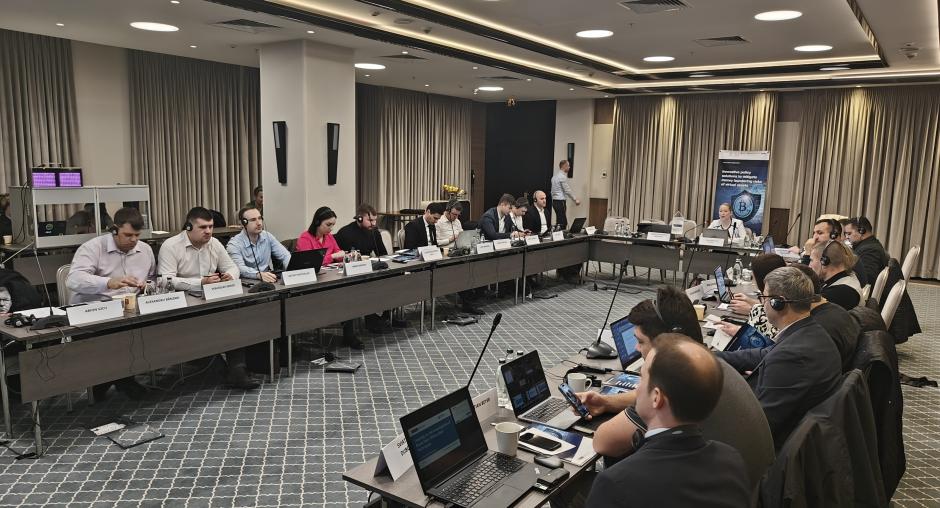Countering evolving crypto obfuscation techniques focus of joint OSCE and UNODC workshop in Moldova

As new techniques for obfuscating virtual assets transactions emerge, staying up-to-date in investigative capabilities to counter these threats effectively becomes all the more important. To strengthen Moldova’s ability to combat crypto-related crime, the Office of the Co-ordinator of OSCE Economic and Environmental Activities (OCEEA), in collaboration with the United Nations Office on Drugs and Crime (UNODC), organized a specialized training session on “Investigation of Blockchain Obfuscation Techniques” in Chisinau from 13 to 15 November.
Twenty-five representatives from Moldovan law enforcement agencies participated to enhance their skills in investigating obfuscation techniques such as coin joins, mixers, and other transaction-masking methods.
Throughout the training session, participants learned about advanced blockchain obfuscation techniques and practical skills for tracking illicit transactions across blockchains. Case studies provided real-world examples of how criminals use complex layering methods to conceal illicit financial flows, while sessions highlighted best practices and strategies to decode coin joins, mixers and other methods criminals are using.
“As obfuscation techniques which criminals use become more sophisticated, law enforcement must remain one step ahead. This training session empowers Moldovan officials with essential skills to detect and trace these hidden transaction paths,” said Vera Strobachova Budway, Acting Senior Economic Officer. “Such efforts align with the OSCE’s broader mission to bolster security across all dimensions by equipping our partners with tools to address emerging threats.”
The training session is part of an OSCE extra-budgetary project on “Innovative policy solutions to mitigate money-laundering risks of virtual assets”, funded by Germany, Italy, Poland, Romania, the United Kingdom and the United States. The project supports OSCE participating States in building national capacities to mitigate criminal risks related to virtual assets.
